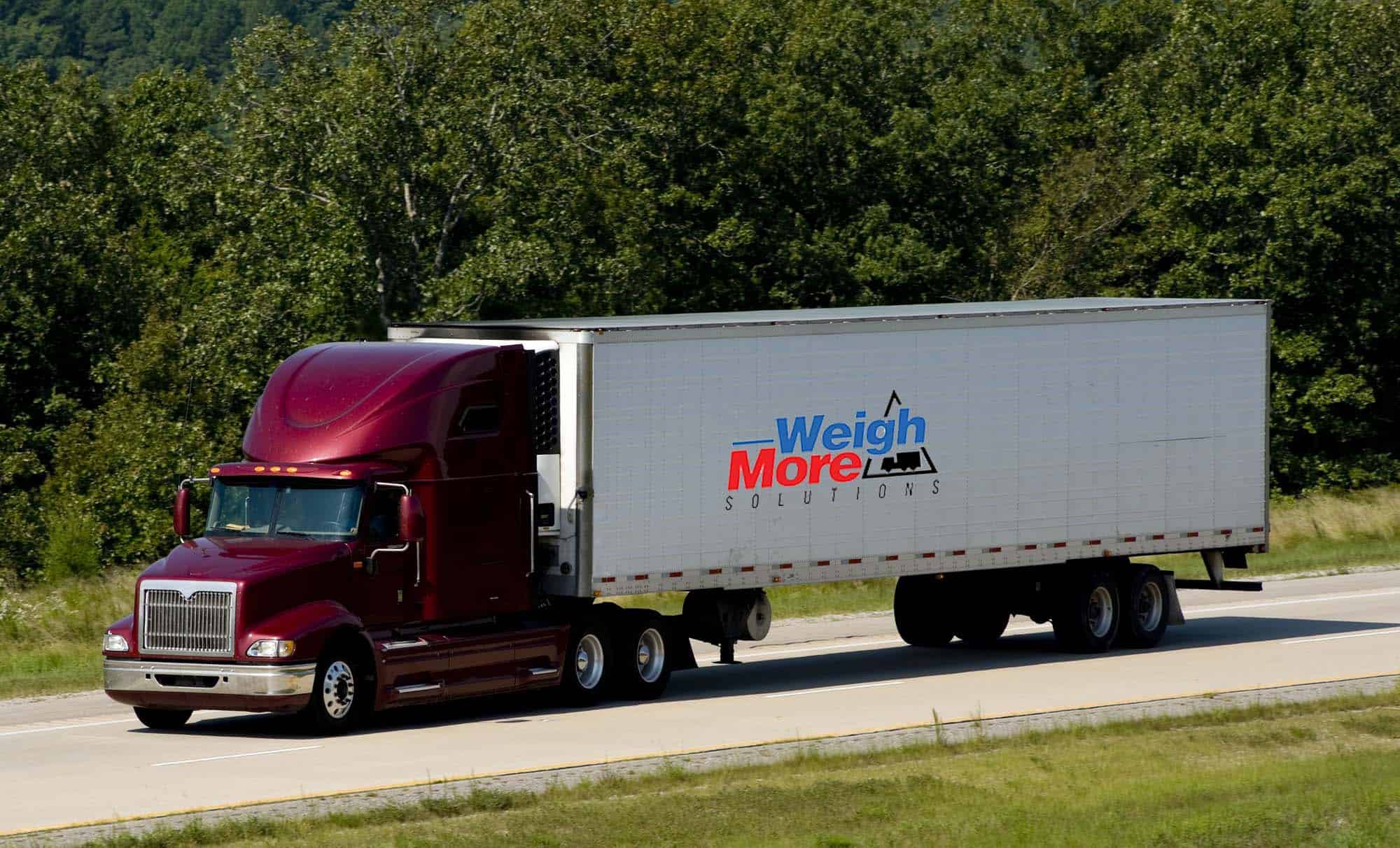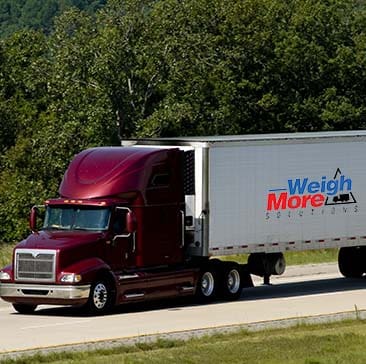
How to Reduce Truck Weight and Avoid Overloading
Do you always have a higher than average truck weight? Click here to learn how to reduce the weight so that you can avoid overloading!
Trends in Truck Weight
Truck weight is increasing as technology marches onward with little to no remorse.
Older tech, fossil fuel-powered tech, has been sprinting to keep up with changing regulations as newer technology has made the effects of pollution clearer. Unfortunately, little thought has been given to how the addition of all this tech has affected the trucking industry.
Pollution control devices reduce power, add weight, reduce the space available for your payload, and that other big-box trucks have to transport their freight with. So, how do you cope? How do you get bigger legal payloads onto the newer, bulkier forms of transportation? The last thing you want to do is be overweighted during a weigh-in.
Buy Lighter Fifth Wheels
Let’s start with the basics. Everyone who’s prepped cars for the track, or just wanted better fuel economy in general, knows that replacing tires is a (relatively) cheap way to bleed weight fast and easily.
Grab some lightweight fifth-wheel mounting systems and wheels made from aluminum or composite material and cut a decent amount of weight. You may not notice the lower truck weight when driving, but you’ll be grateful for the extra little bit of headroom when you reach the weigh station.
Next, Consider Adding Some Aerodynamics
No, we don’t want you to add a spoiler to the top of your cab (send us a picture if you do, though).
We mean real Aerodynamic packages that modify the shape of your nose or cab. Trucks don’t need downforce, but they certainly need help passing through the air easily. Studies have shown that a good kit can net you a 1-2% increase in fuel economy. If you add in other elements, you can start seeing up to a 5% increase in savings.
A good Aero kit also opens up the possibilities of reducing weight in other ways. You can reduce your engine’s size because you need less power to move the same amount, and you can decrease your fuel tank size.
This weight reduction and modification make highway driving a much more enjoyable experience overall (a cheaper experience too).
Add Lightweight Part Replacements
Replacing your body panels with aluminum, carbon-fiber, or another lightweight composite can up your weight savings in a big way. While a new hood can cost a pretty penny, you will start to see savings immediately.
Consider replacing wheels, gear cases, and cross members with aluminum or lightweight steel, anti-corrosion coated alternatives. In fact, if you regularly drive on roads that are heavily salted, you may need these upgrades either way to avoid rust and structural damage.
Upgraded components won’t just save you weight; they’ll save you with added durability as well.
Consider Buying a More Premium Model of Truck
Yeah, we know this sucks to hear. It’s never easy to be told that the good stuff is locked behind a premium. Still, in the case of combustion engines, lightweight materials, more fuel-efficient engines, and better overall construction have always come at a price.
That’s the cost of progress. Maybe, instead of buying the newest base model you can find, shop higher-end models from several years ago. You might be able to find a lightweight, beast of a vehicle for a steal.
If buying a more premium model still isn’t an option and you’re still considering how to reduce truck weight, consider the following truck options to lighten the load.
Consider a Smaller Cab to Reduce Truck Weight
Yes, it’s nice to have the option to sleep in your truck. Still, how often do you pull overnighters? Will a bed be a luxury or a necessity? It’s easy to fall into a mentality that tells you that bigger is always better.
A sleeper box can weigh up to 1,500 pounds OR MORE. If you’re wondering how to reduce truck weight during your hauls, this is probably your number one option. The money you save with a day cab will more than offset the occasional night you have to spend in a motel during regional runs.
Still, if you regularly truck cross-country, then a sleeper cab makes much more sense. You can reduce your weight in that situation as well. If you downsize your cab options from a 60-inch box to a 42-incher, you could be reducing your truck weight by up to 500 pounds.
You can also buy a truck with a detachable sleeper cab. In this situation, you get the best of both worlds. A detachable sleeper is heavier and more expensive initially but you get the comfort of a box for long hauls and a day cab’s fuel economy for regional deliveries.
Of course, your cab decision is more reliant on your personal needs than anything else, so let’s cover some other ways to avoid overloading your truck.
Consider a Small(er) Engine
You’ll want to keep a black cat handy for this one, but 13 is now a truck driver’s lucky number.
For a long-haul trucker, 13 liters is more than enough. Don’t believe us? Well, modern 13-liter, diesel engines have begun producing 500+ horsepower. 400-500 horsepower is more than enough for most payloads.
Even better, smaller engines with a responsible amount of power give you room to reduce the size of your drive train—making it easier to repair, better on gas mileage, and easier on your wallet. All while weighing nearly 500 pounds less than a 15-liter equivalent.
Pair these benefits with an overall better fuel economy, and 13-liter engines should be a no-brainer for many truckers.
The only exception is truckers who regularly go cross country over mountain passes. In these situations, 600 hp is the rule and not the exception. If you’re in this situation, consider buying a 42-inch sleeper to save that extra 500 pounds you gain with a 15-liter engine.
Finally, Consider Emerging Tech to Reduce Truck Weight
Twin-screw tandems are reliable and traditional. Still, technology marches onward. A 6×2 tandem eliminates the second drive axel and saves you almost 1,000 pounds in overall truck weight.
Newer tech is making a single axel more reliable as well. So, if you’re lost for ways to reduce truck weight at your next weigh-in, consider a 6×2.
Still Worried About Overweighting?
As you can probably see, there’s a lot you can do to reduce the weight of your truck, avoid overweighting, and increase the amount of legal payload you can carry! We think that that’s pretty exciting. We’re also sure that there are options we haven’t considered yet, so contact your local mechanic or dealership for more information.
Next, check out our blog! It’s full of informative and entertaining trucking info, just like this blog about truck weight.

